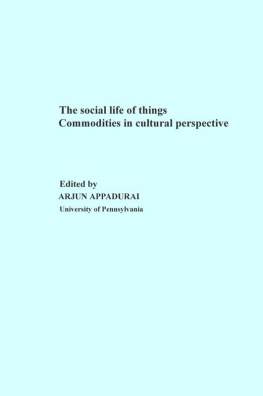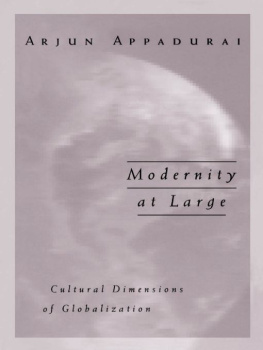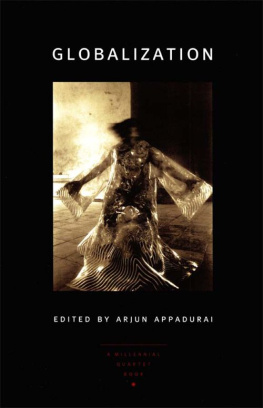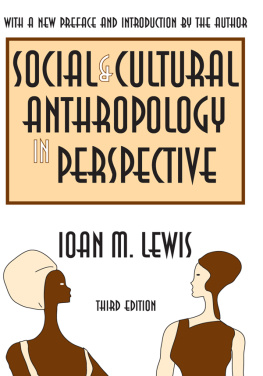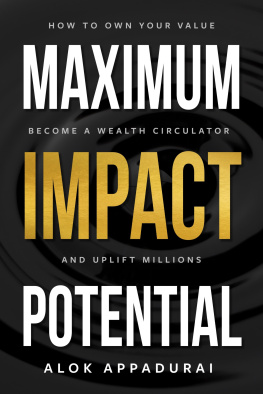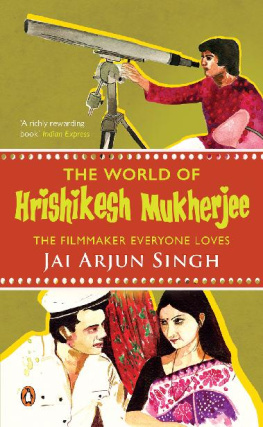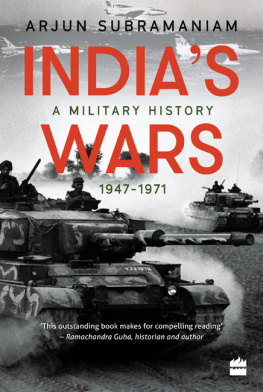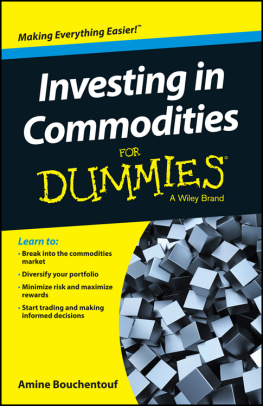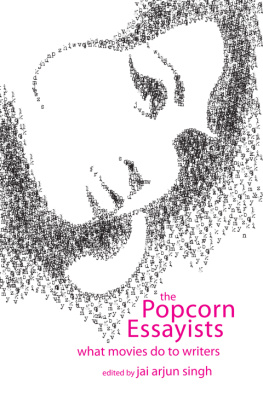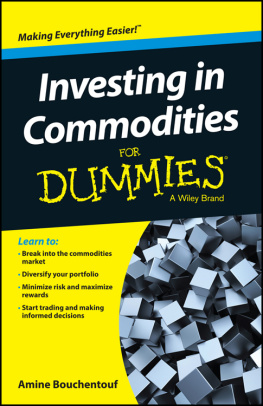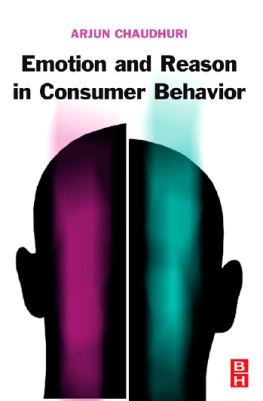Arjun Appadurai - The Social Life of Things: Commodities in Cultural Perspective
Here you can read online Arjun Appadurai - The Social Life of Things: Commodities in Cultural Perspective full text of the book (entire story) in english for free. Download pdf and epub, get meaning, cover and reviews about this ebook. year: 1986, publisher: Cambridge University Press, genre: Romance novel. Description of the work, (preface) as well as reviews are available. Best literature library LitArk.com created for fans of good reading and offers a wide selection of genres:
Romance novel
Science fiction
Adventure
Detective
Science
History
Home and family
Prose
Art
Politics
Computer
Non-fiction
Religion
Business
Children
Humor
Choose a favorite category and find really read worthwhile books. Enjoy immersion in the world of imagination, feel the emotions of the characters or learn something new for yourself, make an fascinating discovery.
- Book:The Social Life of Things: Commodities in Cultural Perspective
- Author:
- Publisher:Cambridge University Press
- Genre:
- Year:1986
- Rating:3 / 5
- Favourites:Add to favourites
- Your mark:
- 60
- 1
- 2
- 3
- 4
- 5
The Social Life of Things: Commodities in Cultural Perspective: summary, description and annotation
We offer to read an annotation, description, summary or preface (depends on what the author of the book "The Social Life of Things: Commodities in Cultural Perspective" wrote himself). If you haven't found the necessary information about the book — write in the comments, we will try to find it.
The Social Life of Things: Commodities in Cultural Perspective — read online for free the complete book (whole text) full work
Below is the text of the book, divided by pages. System saving the place of the last page read, allows you to conveniently read the book "The Social Life of Things: Commodities in Cultural Perspective" online for free, without having to search again every time where you left off. Put a bookmark, and you can go to the page where you finished reading at any time.
Font size:
Interval:
Bookmark:
Commodities in cultural perspective
Edited by
ARJUN APPADURAI
University of Pennsylvania

CAMBRIDGE UNIVERSITY PRESS
Cambridge, New York, Melbourne, Madrid, Cape Town, Singapore, So Paulo, Delhi, Mexico City
Cambridge University Press
The Edinburgh Building, Cambridge CB2 8RU, UK
Published in the United States of America by Cambridge University Press, New York
www.cambridge.org
Information on this title: www.cambridge.org/9780521323512
Cambridge University Press 1986
This publicationis in copyright. Subject to statutory exception and to the provisions of relevant collective licensing agreements, no reproduction of any part may take place without the written permission of Cambridge University Press.
First published 1986
First paperback edition 1988
11th printing 2013
Printed and bound in the United Kingdom by the MPG Books Group
Library of Congress Cataloguing in Publication data
Main entry under title:
The social life of things.
Includes index.
1. Commerce Social aspects Addresses, essays,
lectures. 2. Economic anthropology Addresses, essays,
lectures. 3. Commerce History Addresses, essays,
lectures. I. Appadurai, Arjun. 1949
GN450.S63 1986 360.3 8619529
British Library Cataloguing in Publication data
The social life of things: commodities in
cultural perspective.
1. Economic anthropology 2. Raw materials
I. Appadurai, Arjun
306.3 GN450
ISBN 978-0-521-35726-5 Paperback
Cambridge University Press has no responsiblity for the persistence or accuracy of URLs for external or third party internet websites referred to in this publication, and does not guarantee that any content on such websites is, or will remain, accurate or appropriate.
ARJUN APPADURAI is Associate Professor of Anthropology and South Asian Studies at the University of Pennsylvania. He is the author of Worship and Conflict Under Colonial Rule (1981).
C. A. BAYLY is Fellow of St. Catharines College, University of Cambridge, and Smuts Reader in Commonwealth Studies. He has published The Local Roots of Indian Politics: Allahabad, 18801920 (1975) and Rulers, Townsmen and Bazaars: North Indian Society in the Age of British Expansion, 17701870 (1983).
LEE V. CASSANELLI teaches in the Department of History at the University of Pennsylvania. He is the author of The Shaping of Somali Society: Reconstructing the History of a Pastoral People (1982).
WILLIAM H. DAVENPORT teaches anthropology at the University of Pennsylvania, where he is also Curator for Oceania at the University Museum. He has done field research in Jamaica and the Solomon Islands and historical research on pre-European Hawaii, and has published extensively on all these areas.
PATRICK GEARY is Associate Professor of History at the University of Florida. He is the author of Furta Sacra: Thefts of Relics in the Central Middle Ages (1978) and Aristocracy in Provence: The Rhone Basin at the Dawn of the Carolingian Age (1985).
ALFRED GELL teaches social anthropology at the London School of Economics and Political Science. He is the author of Metamorphosis of the Cassowaries: Umeda Society, Language and Ritual (1975).
IGOR KOPYTOFF of the Department of Anthropology at the University of Pennsylvania is coeditor (with Suzanne Miers) of Slavery in Africa: Historical and Anthropological Perspectives (1977) and author of Varieties of Witchcraft: The Social Economy of Secret Power (forthcoming).
WILLIAM M. REDDY is Assistant Professor of History at Duke University and is the author of The Rise of Market Culture: The Textile Trade and French Society, 17501900 (1984).
COLIN RENFREW is Disney Professor of Archaeology, University of Cambridge, and Fellow of St. Johns College. He is the author of Problems in European Prehistory (1979) and Approaches to Social Archaeology (1984).
BRIAN SPOONER teaches in the Department of Anthropology at the University of Pennsylvania. He is the author of Ecology in Development: A Rationale for Three-Dimensional Policy (1984).
The genealogy of any multidisciplinary volume is likely to be complex. The immediate antecedents of this one are clear: the vision and energy of the editor, Arjun Appadurai, have sustained the enterprise from beginning to end. But it is also a cooperative effort, and the symposium and workshop that produced the individual contributions are themselves the products of an ongoing dialogue that anthropologists and historians at the University of Pennsylvania began a decade ago under the aegis of the Ethnohistory Program. The original stimulus for the program came from a shared sense that the two disciplines had much to learn from each other. Just how much we had to learn became evident only as the dialogue progressed.
Exchange of a sort had already started. Social historians in recent years have been turning to anthropology for theoretical perspectives, as they expanded their interests to include peasants, ethnic minorities the people without history the family, and other topics thought to be the traditional domain of anthropologists. For those who wished to do history from the inside out as well as from the bottom up, anthropology offered the necessary dimension of culture, the systems of meaning that people invest in their social forms. Anthropologists interest in history, although not entirely new, has become more intense and of a different kind. The past, once viewed as a more or less undifferentiated prelude to the ethnographic present, has increasingly come to represent a rich storehouse of information on sociocultural organization: empirical grist for anthropologys conceptual mill. If anthropologists were to tap this storehouse, they would have to master the sources and techniques of historical research.
Exchange at this rudimentary level is a form of mutual raiding, with history seen as merely a source of facts and anthropology a source of theories. The results can prove disappointing. Unlike most types of plunder, historical facts and anthropological models lose much of their value when removed from their original contexts. The Ethnohistory Program was founded with the idea that it would be profitable for both parties to try to understand the others discipline, to get inside it and see how it works. Initially the attempt produced culture shock. The two disciplines do not always speak the same language; more unsettling, they sometimes use the same words to mean vastly different things. As in other forms of culture shock, the discovery of difference is the first step to enlightenment. Seen through anthropologists eyes, myth, ritual, and symbol are no longer historical trivia, decorative elements that can be tacked onto the serious subjects of analysis when they do not obscure these altogether; they become vital clues, interwoven with and revealing the very issues considered the real stuff of history. Historians perceptions of change are equally illuminating; change ceases to be a shift from one steady state to another and becomes instead a continuous process to which all systems are subject. And once change over time is accepted as a given, diachronic analysis based on chronology and causation has to be incorporated into the model-building scheme.
The next, more fruitful stage comes when the interests of anthropologists and historians converge to produce a set of common, as opposed to complementary, goals: the development of dynamic models that combine system with process in long-term patterns of sociocultural change. Along with common goals come common problems. Two in particular have loomed large in Ethnohistory Workshop discussions. The first relates to sources. How do you reconstruct past systems of meaning (let alone changes in them) when you can neither participate in nor directly observe the lives of the people? Partial answers lie in drawing on new types of evidence, such as visual imagery and oral traditions; in using a wider range of documentary sources; and in digging more deeply into those sources for information the authors did not consciously impart. Yet history is ultimately limited by what past informants chose to record and what accident has preserved.
Font size:
Interval:
Bookmark:
Similar books «The Social Life of Things: Commodities in Cultural Perspective»
Look at similar books to The Social Life of Things: Commodities in Cultural Perspective. We have selected literature similar in name and meaning in the hope of providing readers with more options to find new, interesting, not yet read works.
Discussion, reviews of the book The Social Life of Things: Commodities in Cultural Perspective and just readers' own opinions. Leave your comments, write what you think about the work, its meaning or the main characters. Specify what exactly you liked and what you didn't like, and why you think so.

